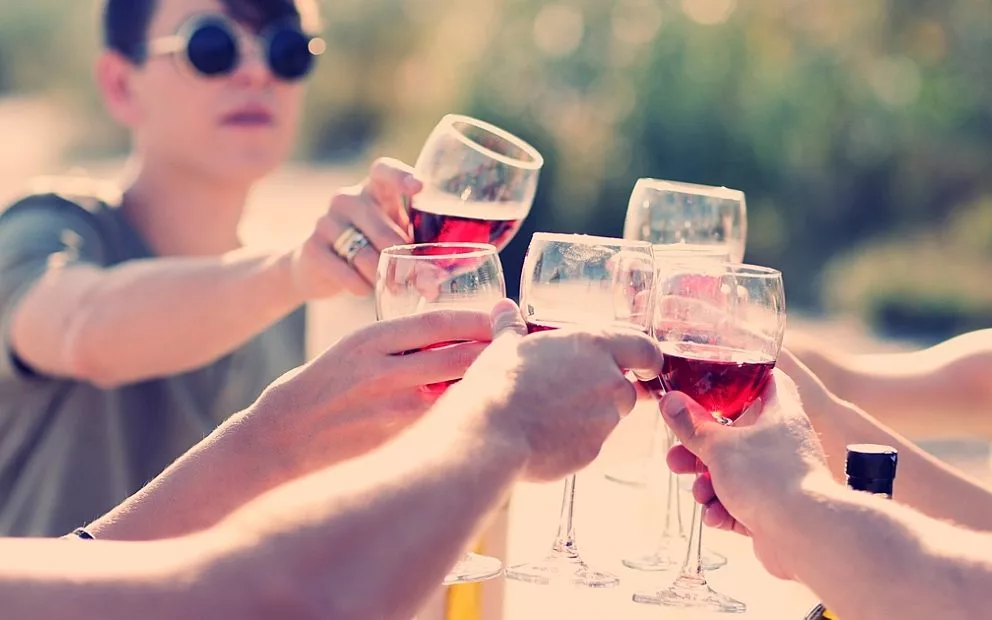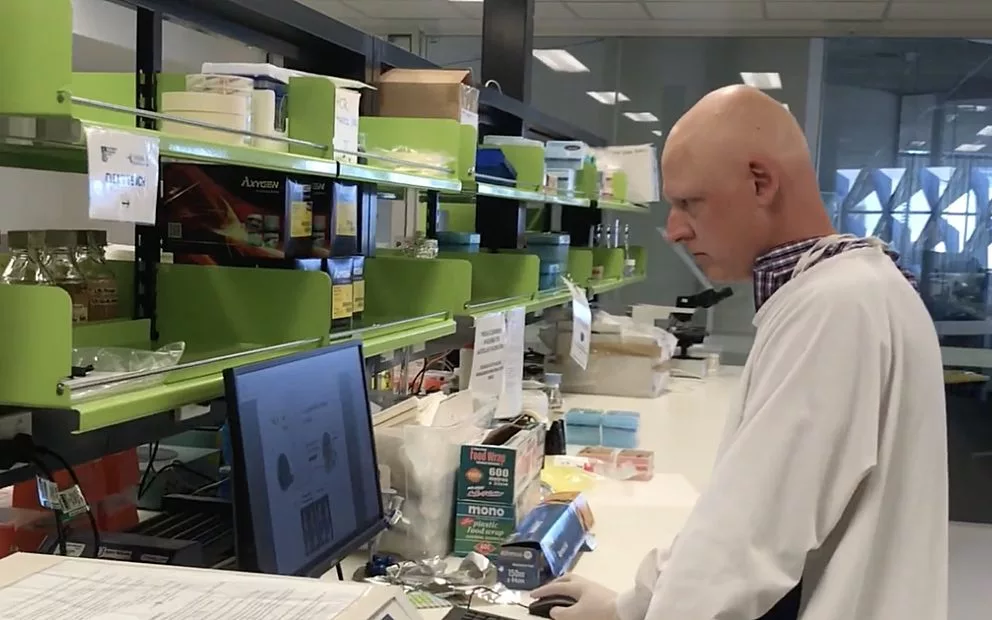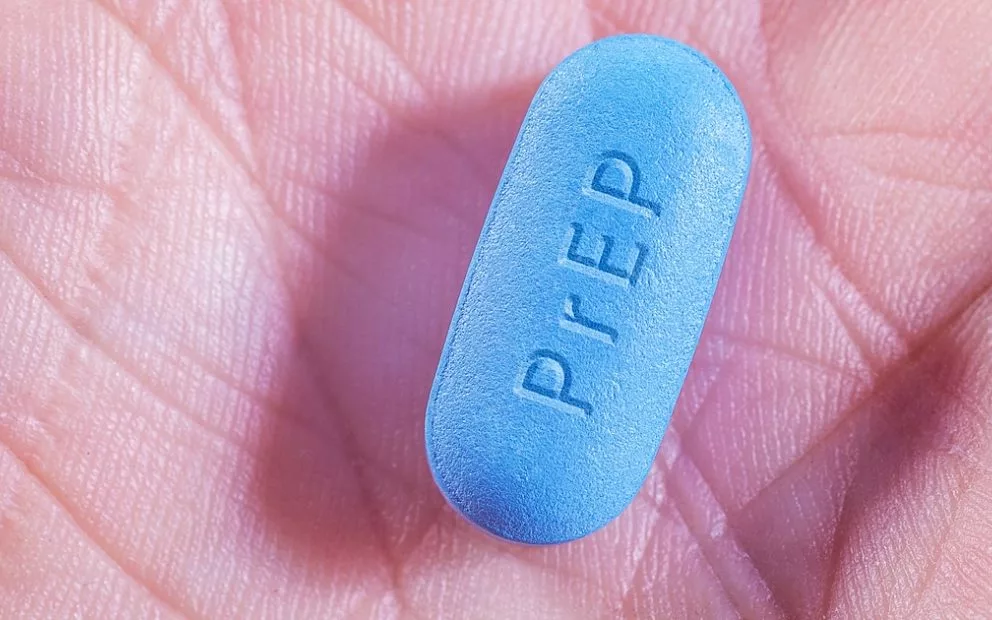Many Australians have no idea they're having too many alcoholic drinks as far as their health is concerned, a study reveals.
A survey of 2700 adult South Australians shows a "concerning'' number of both men and women don't know how much alcohol a day it is safe to consume.
This has prompted worries at the Cancer Council, which says the ethanol in alcohol is a carcinogen linked to common cancers, such as breast and bowel cancer.
National Health and Medical Research Council guidelines state both men and women should drink no more than two standard drinks a day. The amount was reined back in 2009, when it was four drinks for men and two for women.
The research, conducted in partnership with the Cancer Council SA, SA Health and Medical Research Institute, University of Adelaide and Flinders University.
It showed only a fifth (20.3 per cent) of people knew men should consume no more than two drinks a day, while half (53.5 per cent) were aware the standard was the same for women.
While the guidelines changed five years ago, the rest either had no idea about the current guidelines and a further 40 per cent of respondents said they believed men could drink more than two drinks a day, despite them being in place since 2009, or believed men and women could safely drink more than recommended.
The study also showed 21.6 per cent of adults drank more than two standard drinks daily. Men did so more than women. Head study author Jacqueline Bowden, of the Cancer Council SA, said the findings were concerning.
"The message (that the guidelines have changed) hasn't got out there to men," she said.
"The study is showing still a lot of men and women think that men can drink four standard drinks a day. That's quite concerning that people out there think they can drink more than they should be."
"They're not aware of the link between alcohol and cancer and therefore drinking more than they should be drinking, which is putting them at increased risk of alcohol-related harm, including cancer." Ms Bowden said ethanol had been considered a carcinogen since 1988.
"Cancer is one of the most feared diseases in our community ... it's about raising awareness (which) is going to provide more impetus for people to think about their consumption," she said.
Co-author Dr Caroline Miller, of SAHMRI, agreed.
"More people are telling us that pollution is a bigger risk factor for cancer than alcohol, even though alcohol is a class-one carcinogen," she said. "Only about one in three people are actually saying they recognised alcohol is a risk factor for cancer."
The study, published today in the Australian and New Zealand Journal of Public Health, was also conducted by the Centre for Alcohol Policy Research in Victoria and the University of Melbourne.



